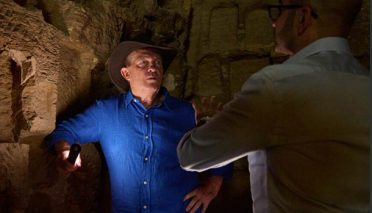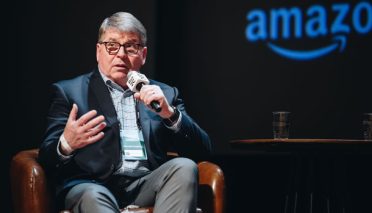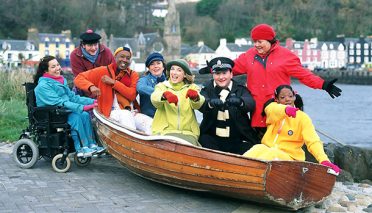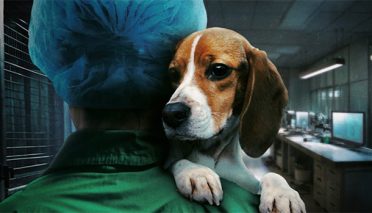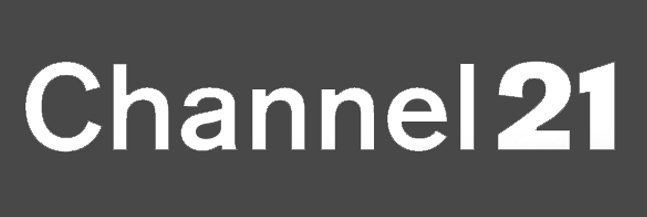Bartosz Witak of BBC Studios celebrates the CEE region’s resilient linear TV sector and teases plans to produce more local content.

Bartosz Witak
It has been almost six months since Bartosz Witak was appointed general manager for Central and Eastern Europe (CEE) at BBC Studios (BBCS) – a period in which the veteran executive has kicked off a strategy to monetise a wealth of opportunities in the region.
Like many other CEE luminaries, former ViacomCBS exec Witak firmly believes rumours of the demise of linear TV are greatly exaggerated.
He attended C21’s Content Warsaw in June, where Jonathan Broughton, research director at Poland-based PlumResearch, told delegates that spending on content among major players in the industry is resuming.
Broughton pointed to regional spending at the likes of Netflix, Amazon and Warner Bros Discovery, which he said were all returning to levels similar to 2021 after dipping significantly in 2022 and 2023.
Witak is based in Poland, a country known for producing content that travels well overseas including, perhaps surprisingly, to the US.
He has long been aware of the resilience of the linear TV sector in CEE. “What we’re witnessing here is really important,” he says. “All the data we’re getting from the market shows that linear and pay TV is staying constantly strong in this part of the world.
“Pay TV subscription numbers should stay above VoD numbers until at least 2030. At the same time, TV consumption per individual across the region remains high.
“Around the world, the average length of time spent watching content is about 2.5 hours, but it’s massively different in CEE, where it can be up to 5.5 hours. You might wonder how people can find that much time to consume media like this, but that’s the reality.
“Also, the advertising market in CEE is predicted to grow by between 3% and 4% in the next couple of years, so we’re stronger in that aspect than countries such as the UK, for example. Finally, the pay TV market is still growing by single[-digit] but strong percentage levels each year.
“The important message is that CEE is not in the same position as many other markets in the Western world, and that means there are a lot of opportunities for BBC Studios to strengthen its position in the region.”
Witak made his name in the industry during his 16 years at ViacomCBS, where he rose to the position of senior VP and MD for Central, Eastern and Southern Europe and Israel.
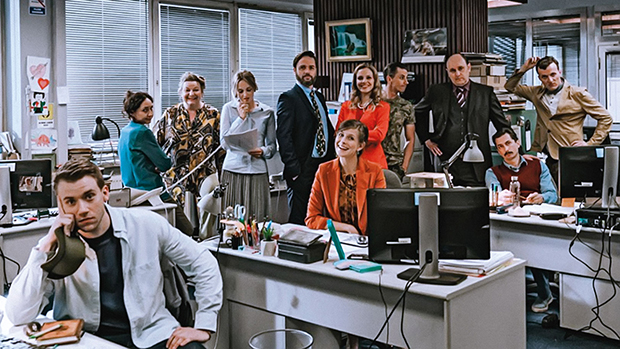
BBC Studios adapted UK comedy The Office for Canal+ in Poland
Holding that role for nine years, he led teams across multiple offices, including Warsaw, Budapest, Prague, Tel Aviv and London, contributing to the company’s consistent year-on-year revenue growth.
Since 2019, Witak has been a senior business advisor for various companies and investors.
Appointed to his new role at BBCS in February, he is now charged with driving business expansion in the region. Working from Warsaw, he reports to Arran Tindall, chief commercial officer and exec VP of EMEA key markets.
Witak’s remit includes leveraging his experience to explore new opportunities across branded services, content sales and digital. He also focuses on developing strategic partnerships in CEE that align with BBCS’s vision for expansion and diversification.
The last few months have seen Witak conduct an in-depth analysis of the company’s internal processes, market strengths and growth patterns to better plot the route ahead under his leadership.
That has involved lengthy conversations with not only internal BBCS teams but also with external contacts to assess how the company is perceived in CEE.
To say the least, Witak has been hugely encouraged by what he has learnt. “BBC Studios has amazing brands, massive credibility, massive recognition and a massive reputation,” he says.
“A lot of accountability comes with all those adjectives, but that’s something we’re happy to represent towards the market.
“Our content is both high-quality and high-quantity, which is very important as we consider how to position ourselves in this diversified environment. Our portfolio includes not just TV content, but also consumer products, events, digital products and perhaps the most impressive catalogue of audio services.
“Content sales partnerships have been one of the cornerstones of BBC Studios for years, but we can grow and do more. Those major affiliate partnerships help us to extend our reach, because, ultimately, it’s all about eyeballs – we need audience.
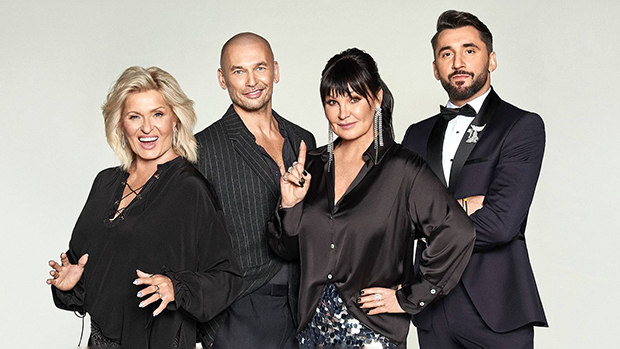
Dancing with the Stars first aired in Poland on TVN
“BBC Studios is a long-standing partner to many parts of the market, while in others we might be considered late-comers, so flexibility will be the key to success. We also need to be a little bit unorthodox and think outside the box to win against fierce competition.”
In June, BBCS launched its UK drama channel BBC First in the Czech Republic and Slovakia, making it available via telecoms operators T-Mobile and O2 in the former and Slovak Telekom in the latter.
BBC First is fully localised, with Czech subtitles, and joins other BBC channels such as BBC Earth and BBC News, which are already available in both countries.
The channel, which marks its 10th anniversary this year, offers original British drama series such as thriller Six Four, starring Kevin McKidd, Maigret, with Rowan Atkinson as the iconic French detective, and Northern Irish crime drama Hope Street.
Although Witak’s immediate priority is the expansion of BBCS’s overall business in CEE, he would like to see the production of more local shows.
“That’s what we’re exploring right now,” he says. “BBC Studios is very much a welcomed brand in the region and content is essential to our future.
“BBCS is known for its high standards and we can be a very credible partner to anyone who wants to learn from us or be part of our journey.”
A BBCS music competition format is at the heart of a landmark coproduction alliance between three Baltic state pubcasters: Estonia’s ERR, Lithuania’s LRT and Latvia’s LTV.
The three broadcasters are collaborating on a Baltic version of classical music-themed series Maestro, originally broadcast on BBC Two in the UK in 2008. The pubcasters hope it is just the first of many copros and are on the hunt for more formats to adapt together.
Witak believes the alliance is a good example of the kind of copro model that broadcasters and producers in CEE should use. “Our friends in the Baltic states are co-operating on high-quality content and there’s definitely an increased need for more local programming in CEE,” he says.
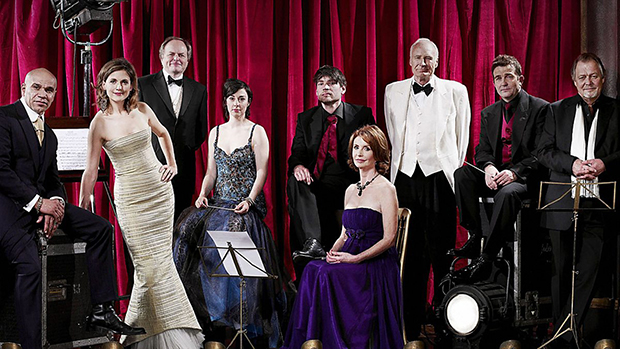
ERR, LRT and LTV in the Baltics are working on a local version of BBC Two’s Maestro
“We’ve already seen success with the adaptation of both scripted and unscripted formats in Poland – The Office PL [for Canal+] and Dancing with the Stars [aka Taniec z Gwiazdami, for Polsat], for example.”
The Office PL debuted in 2021 and ran for four seasons, switching the original’s setting of a Slough paper company for a bottled water firm in a small town outside Warsaw. Dancing with the Stars, meanwhile, debuted in Poland in 2005 on TVN and ran for 13 seasons before switching to Polsat, where it has aired since 2014.
In the past, BBCS formats Honey We’re Killing The Kids, an educational show aimed at promoting healthy living habits for children, and culinary competition show Bake Off were both licensed for local production in Poland by public broadcaster TVP2.
“I hope to see more opportunities for local copros and co-developments of new IPs. In our region, it will always be difficult to build drama formats that can travel internationally, but we have a strong tradition of creating factual titles with our local creative talent pool of documentary makers,” says Witak.
“The appetite to explore coproduction opportunities is a way to enrich our content library and add value to our proposition at BBCS.”
Piracy is a big talking point in CEE right now, with TV executives in the region urging governments and advertisers to combat the problem.
Maciej Gozdowski, group VP of streaming at Warner Bros Discovery Poland, describes piracy as a “huge problem,” insisting the Polish government should emulate what has been done in Germany, where illegal downloading or streaming can lead to high fines.
Other CEE execs have blamed advertisers for funding the pirates by knowingly placing commercials on platforms that host pirated content.
“We take piracy seriously at BBC Studios,” says Witak. “The financial health of the content industry is very much in our minds. Piracy can destroy business and destroy numbers.
“However, fortunately, I’ve been hearing lately that piracy is slowing down. We need to educate people, so they realise that legitimate content offerings are not the most expensive in the world here in CEE, especially bundled offerings. When the real thing is relatively cheap, viewers don’t need to go to pirate platforms.”
Alongside piracy, Witak points to soaring inflation rates and the tense geopolitical situation in CEE as a result of Russia’s invasion of Ukraine as two of the biggest regional challenges at the moment.
However, he is positive about the general health of the content industry and BBCS’s position within it. “I’m pretty optimistic,” Witak says. “CEE right now seems predestined to deliver growth to our overall BBC Studios business.”








